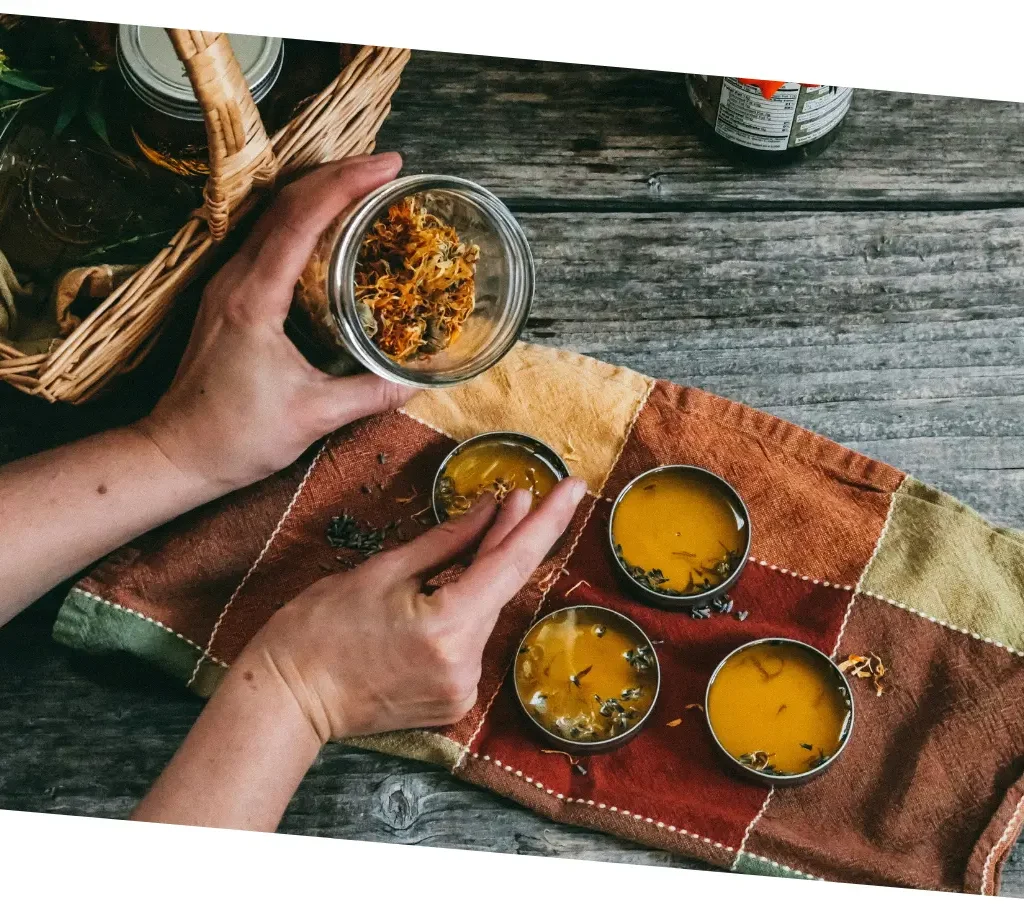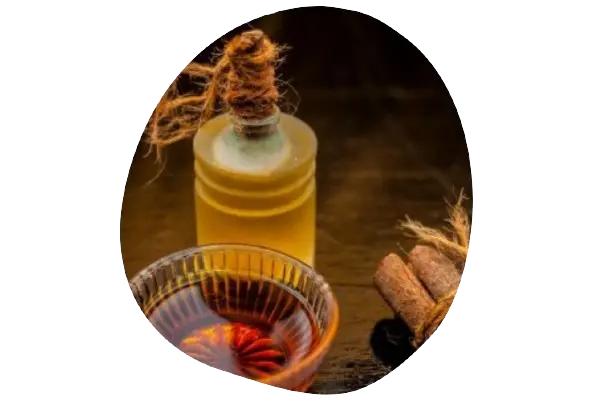In-Depth Analysis of Seasonal Remedies for Pollen Allergy Treatment at Home
Pollen allergies, commonly known as hay fever or allergic rhinitis, are caused by the body's immune system overreacting to pollen particles from plants like trees, grasses, and weeds. These tiny particles can lead to symptoms such as sneezing, itchy and watery eyes, a runny nose, and congestion, particularly during specific seasons when pollen levels are high.


Why Seasonal Remedies are Crucial :
- Natural and Holistic Approach: Seasonal remedies often involve natural ingredients and holistic practices that can be gentler on the body compared to pharmaceutical options.
- Reduced Side Effects: Many over-the-counter allergy medications can cause side effects like drowsiness. Natural remedies typically have fewer side effects.
- Cost-Effective: Home remedies can be more affordable than prescription medications.
- Empowerment: Understanding and using home remedies can give individuals a sense of control over their health.

Detailed Insights into Home Remedies for Pollen Allergy
1. Nasal Irrigation (Saline Rinse)
- Function: Clears pollen and other irritants from the nasal passages, reducing congestion and irritation.
- Method: Use a saline solution with a neti pot or squeeze bottle to rinse the nasal passages.
- Frequency: Can be done daily during pollen season or as needed.
- Benefits: Helps reduce the need for nasal sprays and can be done at home with minimal cost.
Why It Matters: Nasal irrigation is highly effective in removing allergens directly from the nasal passages, providing immediate relief from symptoms like congestion and sneezing.

2. Dietary Changes
- Probiotics: Incorporating probiotics into your diet can help balance the gut microbiome, which plays a crucial role in immune function. Foods like yogurt, kefir, and fermented vegetables are excellent sources.
- Anti-Inflammatory Foods: Foods rich in omega-3 fatty acids, such as salmon, walnuts, and flaxseeds, can help reduce inflammation and alleviate allergy symptoms.
- Elimination Diet: Identifying and avoiding foods that trigger inflammation can be beneficial. Common culprits include dairy, gluten, and processed foods.

3. Lifestyle Adjustments
- Stay Indoors During Peak Pollen Times: Pollen counts are usually highest in the early morning and late afternoon. Try to stay indoors during these times.
- Shower and Change Clothes: After spending time outdoors, shower and change your clothes to remove pollen that may have settled on your skin and clothing.
- Keep Windows Closed: Keep windows and doors closed during high pollen seasons to prevent pollen from entering your home.


4. Natural Eye Drops
- Function: Soothe itchy, watery eyes caused by pollen exposure.
- Ingredients: Look for eye drops containing natural ingredients like chamomile or witch hazel.
- Usage: Apply as needed when experiencing eye irritation.
- Benefits: Provides immediate relief without the use of harsh chemicals.
Why It Matters: Eye drops are a quick and effective way to manage one of the most common and irritating symptoms of pollen allergies.

5. Dietary Adjustments
- Function: Support the immune system and reduce inflammation through a balanced diet.
- Foods to Include: Foods rich in vitamin C (citrus fruits, berries), quercetin (onions, apples), and omega-3 fatty acids (fish, flaxseed) can help reduce allergic reactions.
- Foods to Avoid: Limit dairy and sugar, which can increase mucus production and inflammation.
- Benefits: A healthy diet supports overall well-being and may help reduce the severity of allergy symptoms.
Why It Matters: Diet plays a crucial role in managing inflammation and supporting immune health, both of which are important for reducing allergy symptoms.
Caution : Remember, these natural remedies complement conventional treatments. Always consult a healthcare provider, especially if you’re pregnant, nursing, or have underlying health conditions.
Why Is This Crucial for Your Readers?
Understanding and implementing home remedies is crucial because it empowers your readers to take control of their allergy symptoms in a natural and accessible way. These remedies are often low-cost, easy to implement, and free from the side effects that can accompany some medications. By incorporating these strategies into their daily routine, your readers can experience relief from pollen allergies without relying solely on pharmaceutical solutions.


Key Points for Your Readers
- Integrate Gradually: Start incorporating these remedies early in the allergy season for maximum benefit.
- Personalize Your Approach: Mix and match remedies to find what works best for your unique symptoms and lifestyle.
- Consistency is Key: Regular use of these remedies can help manage symptoms more effectively over time.
- Consult a Professional: While home remedies can be effective, it’s important to consult a healthcare provider for severe symptoms or if you’re unsure about a remedy.
Conclusion
Home remedies for pollen allergy relief offer a natural and effective way to manage symptoms during allergy season. From saline rinses and steam inhalation to herbal teas and dietary adjustments, these remedies provide a holistic approach that can complement or even replace pharmaceutical treatments. By understanding and utilizing these seasonal remedies, your readers can enjoy a more comfortable and symptom-free allergy season while maintaining a natural and healthy lifestyle.
